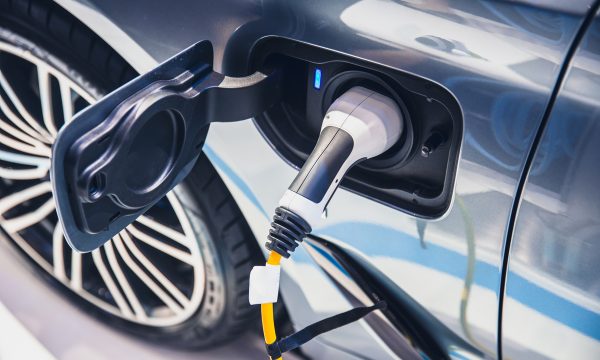The local independent may go away, but you won’t necessarily benefit.
It is often suggested that the increased technological complexity of modern vehicles will drive the service business back to the dealer, away from an aftermarket that can’t keep up with the demands of servicing modern and future automotive technologies.
I do agree that the oil-stained independent corner garage with the mixed collection of vehicles out front, all awaiting the loving attention of ‘Joe, the local mechanic’, is likely not the winner in the future competition for automotive service dollars (though I suspect there will remain a slice of the market Joe does well with).
However, I think the most important forces shaping consumer choice in service may not be directly linked to the complexity of the technology in the vehicle.
There are a couple of key forces I think should be considered as major drivers of consumer decisions regarding where they get their vehicles serviced.
The demise of the independent
Most categories of consumer purchases have seen the local independent suffer at the hands of the large chain store (franchised or company store isn’t the issue, I suspect). Consider the impact of Starbucks and Tim Horton’s on the local coffee shop, or Chapters and Indigo on the local book store, or Shoppers Drug Mart on the local pharmacy. Or the impact of Wal-Mart on just about everybody.
The examples are far too numerous to mention, but the trend is clear, and it is firmly in place in the world of automotive service too. The independent garages have been losing out (as have many new car and truck dealers) to chains that offer all the elements that make them appealing in all categories of consumer products: strong brands; consistent experience and pricing from one location to another; and perhaps most importantly, convenience.
I think dealers who measure themselves against the best chains out there on those criteria will be the ones who do well in retaining and attracting service dollars. Those who rely on the complexity of modern vehicles to drive customers back to their stores will likely lose.
The free economy
Consider Microsoft, which is finding Google Apps to be a quickly growing competitor to its ubiquitous Microsoft Office products. A quick check on the Web shows Microsoft Office selling for C$349. Google Apps is free. Google Apps doesn’t do everything Office does, but for the average user, it does most of what is needed, and is adding features all the time… without changing the price.
If in the future, there is more service margin available in batteries and in-car infotainment technology than in oil changes and brake jobs, I think dealers will find they have competitors who will give away the mechanical service to attract the high-tech opportunities. Looking at what’s happening in other businesses, I think learning to compete with “free” is a key success factor.
Here’s a quote from a White Paper prepared by CADA: “As vehicles become more electronic and convergence of vehicle technology comes closer to information technology and communications, vehicle specialists will come from a computer and consumer electronics background as opposed to an oil change and combustion engine background.” (Find out more about The White Paper on page 13.)
I agree, so if the car biz will behave more like the computer and communications businesses, we would do well to look at the business models they have in place, and “free” is a very big part of those industries. Simple example: it’s easy to walk out of a Rogers or Bell store with a free BlackBerry in your pocket, even though the handset is worth hundreds of dollars.
Here’s a suggestion: read “Free, The Future of a Radical Price” by Chris Anderson. It’s a good read, and provides a useful perspective on participating in, and competing with, the free economy.
We’ll take a closer look at both these areas more in future issues, and as always, we welcome your thoughts.











